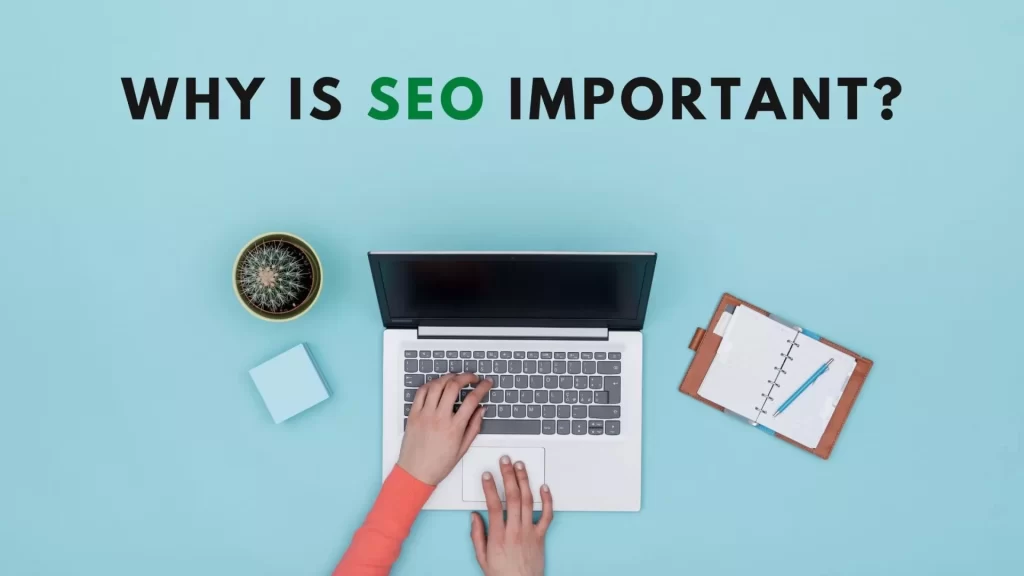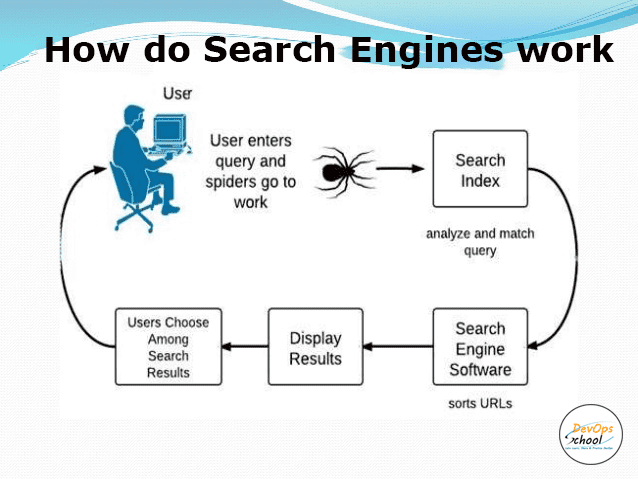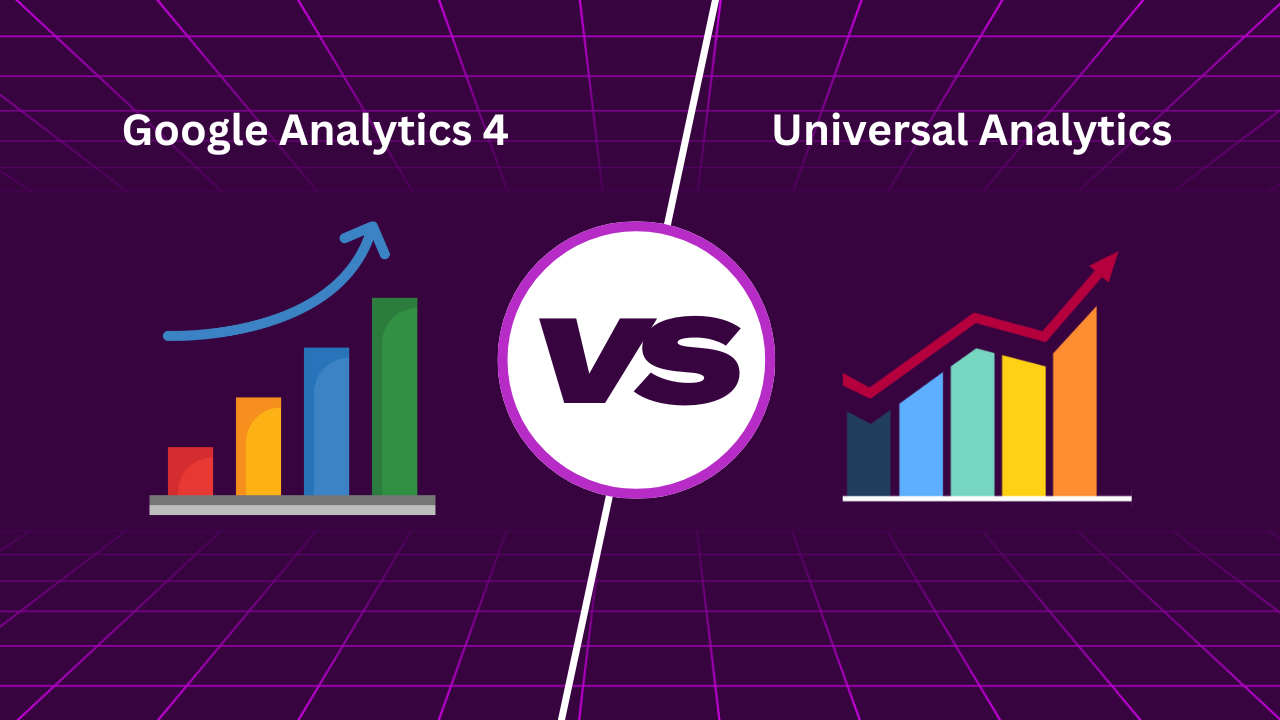What Is SEO?
SEO stands for “search engine optimization.” It refers to strategies and techniques used to help a website rank higher in search engines like Google.
The goal of SEO services is to make your website more visible in search results for keywords and phrases related to your business. For example, a shoe company would want its website to appear when someone searches for “buy shoes online.”
Some common SEO techniques include:
- Optimizing page content with relevant keywords
- Creating shareable content that gets backlinks
- Making a site mobile-friendly
- Improving site speed and performance
- Building high-quality backlinks from other sites
- When done correctly, SEO helps send more targeted organic traffic from search engines, increasing brand awareness and conversions.

Why Is SEO Important?
SEO is extremely important for any business with an online presence. Here’s why:
- Increased traffic – Top rankings in search engines result in more people finding and visiting your site.
- Cost-effective – Organic search traffic costs far less than other paid methods like PPC ads.
- Builds authority – High rankings lend credibility and establish you as an industry authority.
- Competitive advantage – Good SEO helps you stand out from competitors in search results.
- Higher conversions – Visitors from organic search are more likely to become customers.
Simply put, SEO is important because search is critical for web traffic and conversions. Doing SEO properly can dramatically grow your business.

How Do Search Engines Work?
To understand SEO services, you need to know the basics of how search engines like Google work. Here are the key processes:
How Web Crawling Works
The first step is web crawling search engine optimization services. Google has automated bot programs that continuously crawl the web, indexing new and updated content they find. That content gets added to Google’s massive index.
How Pages Are Indexed
When web pages get crawled, Google extracts info about those pages and stores it in their index database. This includes data like keywords, links, text, metadata, etc.
This allows Google to return pages in search results according to what it sees as most relevant based on a user’s query.
How Pages Are Ranked
Finally, Google ranks web pages for search queries based on over 200 factors, including authority, relevance, optimization, user experience and more.
Pages with higher rankings generally have better optimization and authority scores. Getting to #1 takes understanding ranking factors.
And that’s the basic anatomy of how search engines retrieve and rank web pages!

How Does SEO Work?
Now that you know how search engine optimization services work, let’s discuss how to optimize for them with SEO techniques. Generally, SEO is divided into two main areas:
On-Page SEO
This covers optimization on your actual web pages. Some key elements include:
Keywords – Using relevant keywords users would search for.
Content – Unique, useful, engaging content targeting those keywords.
Metadata – Page titles, descriptions, headers using keywords.
Links – Internal links between related site content.
Optimizing these on-page factors helps search bots understand your content and rank you better.
Off-Page SEO
Off-page SEO takes place outside your website. The main component is backlink building, which helps with rankings.
Other off-page factors include social shares, branded search volume, press mentions and anything that makes your brand more authoritative.
Generally you need a balanced approach between on-page and off-page optimization to improve SEO.

7 Truths About SEO
Succeeding with search engine optimization requires avoiding common myths. Here are 7 absolute truths about professional SEO services:
SEO Takes Time
Rankings do not happen overnight. Google needs time to fully crawl, index, analyze and rank web pages. Depending on competitiveness, it can take months to see SEO results. Patience and persistence pay off.
Content Is King
At its core, SEO begins with valuable on-page content optimized for what users search for. No amount of technical tricks can outweigh poor content. Unique, useful content ranks best.
Links Are Critical
Getting reputable sites to link back to you signals authority and lifts rankings. But link quality trumps quantity, so focus on getting links naturally from relevant sites.
Mobile Matters
With web browsing shifting to smartphones, a mobile-friendly, fast loading site is mandatory. Using responsive web design and optimizing for mobile are big ranking factors.
Local SEO Is Crucial
If you have a local business, optimizing your Google My Business listing and citations across directories helps immensely, along with targeting local keywords. Location ranks in search.
User Intent Rules
Understanding user psychology and what words or phrases they search drives success. Target keywords that match what users are querying based on their intent and needs.
You Can’t “Game” Google
Shady tricks like keyword stuffing, invisible text, or manipulative linking schemes can temporarily boost rankings but eventually backfire. Avoid techniques that violate Google’s quality guidelines.
Keep these SEO truths in mind as you optimize!

Get Started With SEO
Ready to dive into professional SEO services? Here are key steps for getting started:
Do Keyword Research
Find keywords and phrases people search for related to your business offerings. Identify terms with sufficient search volume and low competition. This informs all other SEO decisions.
Optimize Content
Upgrade existing content or create new pages targeting your focus keywords. Ensure all pages meet on-page factors like meta data, content length, internal linking, etc.
Get Backlinks
Link Building Services- Build links from industry websites, directories, social media and anywhere relevant. Focus on quality over quantity. Proactively earn backlinks versus buying fake ones.
Check Analytics
Use Google Analytics to monitor organic traffic to optimized pages. Dig into search console data to identify issues impacting performance. Refine your SEO approach over time.
Staying on top of these fundamental areas establishes a strong guest posting services. From there you can advance into more complex tactics.
Conclusion
SEO remains a crucial ingredient for success online. With more smart devices and voice search emerging, optimizing for natural search discovery only grows in importance. The sites that show up prominently connect with customers.
Harness the power of search engine optimization to:
- Increase organic website traffic
- Connect with searching customers
- Boost conversions and sales
- Stay atop the competition
- Establish branding and authority
Learning blogger outreach services does not require advanced technical skills but rather a focus on users, content and communicating what makes your business uniquely valuable. By sticking to search engine best practices and avoiding shady tricks, over time you build sustainable rankings and traffic.



